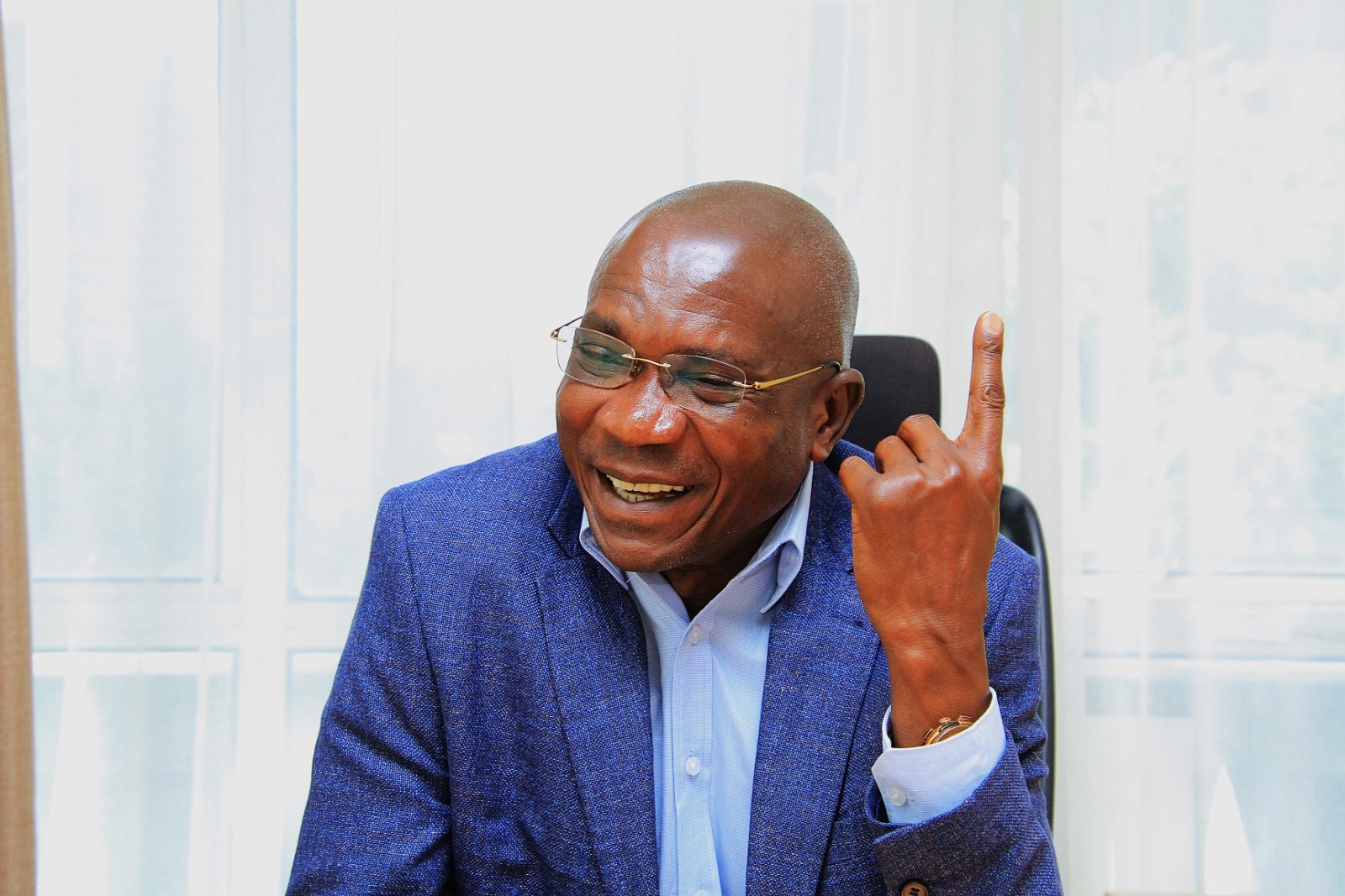Declaration of tea as an essential commodity by Pakistan now gives Kenya a much-needed lifeline for its exports and forex reserves, as the country navigates a dollar scarcity in the market.
Tea export demand to the leading market has been shrinking at the weekly Mombasa auction since late February, dealing a blow to Kenya whose key export market is the South Asian country.
Pakistan which takes up more than 38 per cent of Kenyan tea exports has witnessed the worst inflation in nearly 50 years having hit 31.5 per cent last month, from 27.6 in January.
The country has had a major slump on its foreign exchange reserves held by the central bank, which hit a low of $3.09 billion (Sh 402.9 billion) last month, affecting its ability to pay for imports.
This has however increased by 0.4 per cent on a week-on-week basis to $4.3 billion (Sh 560.7 billion), data by the State Bank of Pakistan (SBP) shows.
Overall, the liquid foreign currency reserves held by the country, including the net reserves held by banks other than the SBP, stood at $9,846.8 million (Sh1.28 trillion) last week.
Net reserves held by banks amounted to $5,527.7 million (Sh720.8 billion).
SBP has since has advised the country’s banking sector to extend letters of credit to imports to guarantee tea imports, whose demand is expected to increase during the upcoming month of Ramadhan, director general Qamar Zaman notes.
According to the country’s apex bank, commercial banks have been reluctant to issue letter of credit for import of tea, due to which supply and distribution issues of the commodity in the local market has already started to surface and may result in price hikes.
In order to cater to the domestic demand of tea, the Pakistan Tea Association requested that import of tea be declared as essential and the same be included in the SBP’s exchange policy department.
This is a relief to Kenyan tea traders where according to the East Africa Tea Trade Association (EATTA), Pakistan buyers have been struggling to secure dollars to make orders at the Mombasa auction.
“Buyers have been shying off though uptake is still there, but not at the desired rate. They are facing a challenge,” outgoing EATTA managing director Edward Mudibo told the Star in a telephone interview.
Kenya mainly depends on five key markets which take up to 75 per cent of her exports with Pakistan being the biggest market.
Egypt, the second biggest market, takes about 18 per cent of Kenya teas sold weekly at the Mombasa auction.
Other key buyers are UK (9%), UAE, Russia and Sudan each five percent, Yemen (3%) while Afghanistan and Poland each take up two per cent share of the exports.
Iran is at the lower end with one per cent with the rest of the world taking up the remaining.
Sustained exports will be a plus for Kenya whose forex reserves have equally been falling, closing at $6.560 billion (Sh855.4 billion) last week, down from $6.566 billion (Sh 856.2 billion) the previous week.
This is 3.67 months of import cover, slightly below the CBK’s statutory requirement to endeavour to maintain at least four months of import cover.
"If anything happens in Pakistan it is always a matter of concern,” Mudibo, who is headed into private consultancy after his stint at EATTA, notes even, as he advices for diversification of the export market.
Tea and coffee remain key cash crops and important foreign exchange earners for Kenya.
In the third quarter of 2022, trade balance widened to a deficit of Sh 434.0 billion from a deficit of Sh366.1 billion recorded in the third quarter of 2021, Kenya National Bureau of Statistics' Balance of Payment data indicates.
During the review period, total exports increased by 29.7 per cent to Sh 227.8 billion while imports increased by 22.2 per cent to Sh661.8 billion.
"The growth in export earnings was mainly occasioned by increase in domestic exports of tea, which rose by 45.5 per cent," KNBS states.
Earnings from domestic exports of tea recorded an increase of Sh12.6 billion from the third quarter of 2021.
This was largely attributable to an increase in export quantities coupled with improved tea prices in the international markets.
The price of tea increased from Sh221.7 per kilogramme in the third quarter of 2021 to Sh293.8 per kilogramme in the third quarter of 2022.














